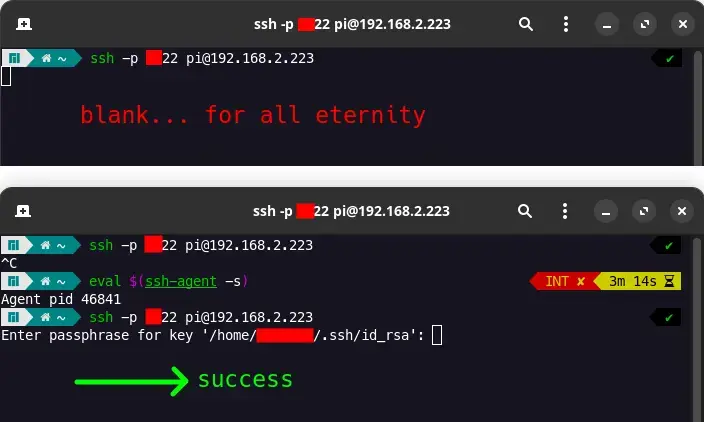115
you are viewing a single comment's thread
view the rest of the comments
view the rest of the comments
this post was submitted on 14 Aug 2024
115 points (98.3% liked)
Linux
48878 readers
873 users here now
From Wikipedia, the free encyclopedia
Linux is a family of open source Unix-like operating systems based on the Linux kernel, an operating system kernel first released on September 17, 1991 by Linus Torvalds. Linux is typically packaged in a Linux distribution (or distro for short).
Distributions include the Linux kernel and supporting system software and libraries, many of which are provided by the GNU Project. Many Linux distributions use the word "Linux" in their name, but the Free Software Foundation uses the name GNU/Linux to emphasize the importance of GNU software, causing some controversy.
Rules
- Posts must be relevant to operating systems running the Linux kernel. GNU/Linux or otherwise.
- No misinformation
- No NSFW content
- No hate speech, bigotry, etc
Related Communities
Community icon by Alpár-Etele Méder, licensed under CC BY 3.0
founded 5 years ago
MODERATORS

what are your ssh config settings: ~/.ssh/config or /etc/ssh/ssh_config
I just added the ~/.ssh/config file on client side:
Same result.
The /etc/ssh/ssh_config is only relevant on the server side, right? Well, here it is.
sshd_config is server side, ssh_config is client side AFAIK
Your config looks pretty tame. Anything interesting in
/etc/ssh/config.d/?dir does not exist on either side.
yeah I barely changed anything. Just disabled password and changed port AFAIK.